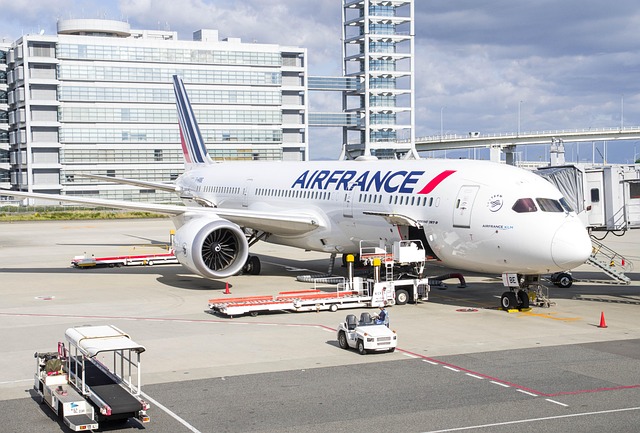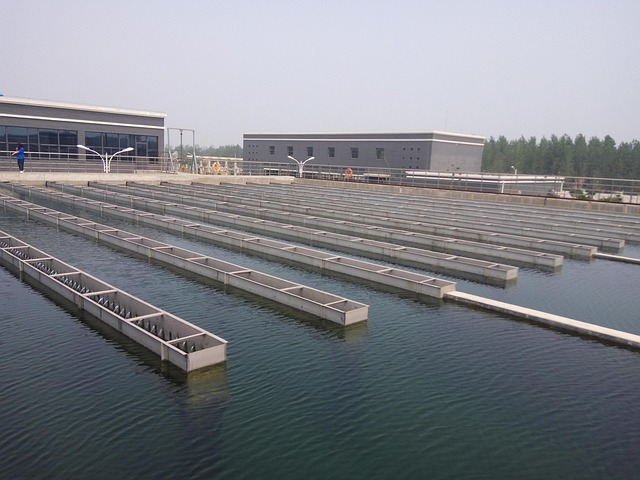Kopi Luwak: The World's Most Controversial Coffee
Coffee lovers, get ready for a wild ride! Imagine sipping on a brew that's passed through the digestive system of a small, furry animal. Sounds bizarre? Welcome to the world of Kopi Luwak, the most expensive and controversial coffee on the planet. This unique beverage has stirred up debates in the culinary world, challenging our perceptions of luxury and ethics in the coffee industry.

The process is labor-intensive and time-consuming, contributing to Kopi Luwak’s hefty price tag. A single cup can cost anywhere from $35 to $100, making it a luxury few can afford. But what makes this coffee so special? Enthusiasts claim that the civet’s selective eating habits and unique digestion process result in a coffee with unparalleled smoothness, complexity, and a distinct lack of bitterness. Some describe notes of caramel, chocolate, and even a subtle earthiness in the brew.
The Controversial Side of Civet Coffee
While Kopi Luwak has gained popularity among coffee connoisseurs, it’s not without its critics. The main concern revolves around animal welfare. As demand for the coffee grew, so did the practice of keeping civets in captivity. These wild animals are often confined to small cages and force-fed coffee cherries, leading to stress, malnutrition, and other health issues. This industrialization of the process has sparked outrage among animal rights activists and ethical consumers.
Moreover, the authenticity of Kopi Luwak has come into question. With its high price and limited supply, the market has become rife with counterfeit products. Some unscrupulous producers mix regular coffee beans with small amounts of civet coffee or use artificial flavorings to mimic the taste. This has led to increased skepticism among buyers and a call for stricter regulations in the industry.
The Taste Is It Worth the Hype?
Despite the controversy, many coffee enthusiasts remain curious about Kopi Luwak’s taste. Those who have tried it describe a smooth, full-bodied coffee with low acidity and a complex flavor profile. The absence of bitterness is often cited as its most distinctive feature. However, opinions vary widely, with some connoisseurs claiming it’s the best coffee they’ve ever tasted, while others find it unremarkable or even unpleasant.
The subjective nature of taste makes it difficult to definitively say whether Kopi Luwak lives up to its reputation. Factors such as the coffee’s origin, roasting process, and brewing method can all impact the final flavor. Additionally, the power of suggestion and the coffee’s high price may influence people’s perceptions, leading to a placebo effect of sorts.
Ethical Alternatives and the Future of Luxury Coffee
As awareness of the ethical concerns surrounding Kopi Luwak grows, many coffee lovers are seeking alternatives that offer similar taste profiles without the moral dilemma. Some producers have started to focus on “wild-collected” Kopi Luwak, where the coffee is harvested from the droppings of wild civets in their natural habitat. This approach aims to maintain the unique processing method while avoiding the cruelty associated with captive production.
Other innovative coffee producers are experimenting with controlled fermentation techniques to replicate the enzymatic breakdown that occurs in the civet’s digestive system. These methods aim to create a similar flavor profile without involving animals at all. As technology and our understanding of coffee chemistry advance, we may see more ethical and sustainable alternatives to Kopi Luwak emerge in the luxury coffee market.
The Global Impact of Kopi Luwak
The rise of Kopi Luwak has had far-reaching effects on the global coffee industry. It has sparked conversations about luxury, ethics, and sustainability in coffee production. The controversy has led to increased scrutiny of production methods across the industry, pushing for greater transparency and ethical practices. Additionally, it has inspired coffee producers worldwide to explore unique processing methods and rare varietals, expanding the landscape of specialty coffees.
Kopi Luwak’s story serves as a cautionary tale about the potential pitfalls of luxury food trends and the importance of considering the ethical implications of our culinary choices. As consumers become more conscious of the origins and impact of their food and drinks, the industry is being forced to adapt and innovate in more sustainable and ethical ways.
Kopi Luwak: Quick Facts and Tips
• Kopi Luwak can cost up to $1,000 per kilogram, making it the most expensive coffee in the world.
• The Asian palm civet is also known as the luwak in Indonesia, hence the coffee’s name.
• Only about 500 kilograms of authentic wild Kopi Luwak are produced each year.
• When buying Kopi Luwak, look for certifications that ensure ethical and wild-sourced production.
• Brewing methods can greatly affect the taste; many recommend a pour-over or French press to fully appreciate its unique flavors.
• Store Kopi Luwak beans in an airtight container away from light, heat, and moisture to preserve their quality.
In conclusion, Kopi Luwak remains one of the most fascinating and controversial beverages in the world of coffee. Its unique production process and luxury status have captivated coffee enthusiasts and sparked important discussions about ethics in the food industry. Whether you’re intrigued by its unusual origins or skeptical of its claims, Kopi Luwak’s story serves as a reminder of the complex relationships between luxury, sustainability, and ethics in our culinary adventures. As we continue to explore new frontiers in coffee production, let’s strive for innovations that respect both our palates and our planet.




